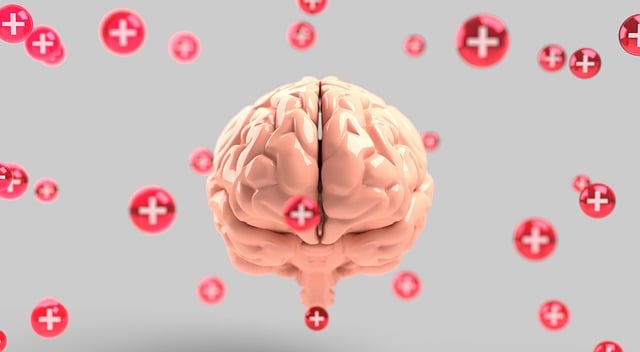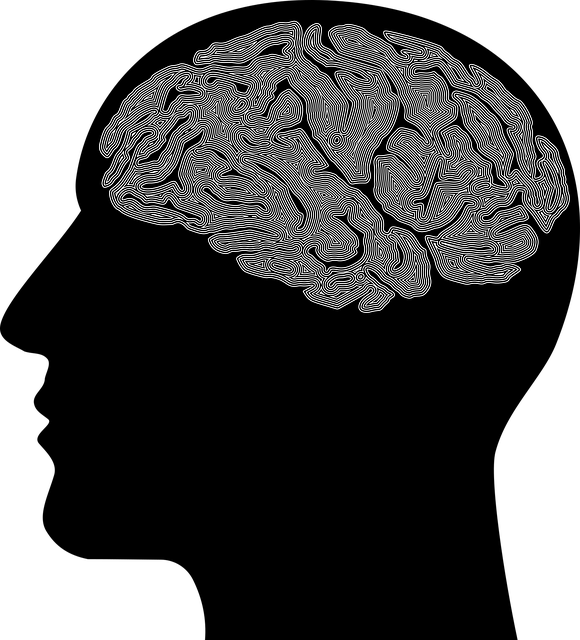Mental wellness coaching is gaining traction among young adults seeking proactive solutions for managing academic and professional pressures. Using evidence-based methods like Acceptance and Commitment Therapy (ACT), these programs teach self-care routines, emotional acceptance, and coping skills to reduce anxiety symptoms. ACT encourages mindfulness and committed action, destigmatizes mental illness, and offers accessible support tailored to diverse populations through community outreach and training. Strategic coaching programs integrating ACT empower young adults with the tools necessary for navigating life challenges and enhancing their overall mental wellness.
Mental wellness coaching programs have emerged as a vital resource, especially for young adults navigating modern stressors. This article delves into the rapid growth of this field and explores innovative approaches like Acceptance and Commitment Therapy (ACT), proven effective in fostering resilience. We dissect strategies for tailoring coaching to specific mental health needs, highlighting implementation techniques and metrics for success within young adult populations. By understanding these developments, professionals can enhance support systems crucial for this demographic’s well-being.
- Understanding Mental Wellness Coaching and Its Rise Among Young Adults
- Exploring Acceptance and Commitment Therapy (ACT) as a Powerful Tool
- Designing Effective Coaching Programs for Specific Mental Health Needs
- Implementation Strategies and Measuring Success in Young Adult Populations
Understanding Mental Wellness Coaching and Its Rise Among Young Adults

Mental wellness coaching has emerged as a sought-after approach, especially among young adults, who are increasingly recognizing the importance of mental health management. This form of guidance goes beyond traditional therapy by focusing on empowering individuals to develop self-care routines for better mental health. It involves teaching practical skills to manage and reduce symptoms of common mental illnesses, such as anxiety.
One popular evidence-based therapy gaining traction is Acceptance and Commitment Therapy (ACT). ACT encourages individuals to accept their emotions without judgment, fostering a sense of flexibility and reducing the grip of anxiety and other mental health challenges. As young adults navigate the pressures of academic and professional pursuits, these coaching programs offer accessible and effective solutions for addressing mental wellness issues. By combining self-care routine development with evidence-based therapeutic techniques, such as ACT, coaches are helping to reduce the stigma surrounding mental illness while providing practical tools for anxiety relief.
Exploring Acceptance and Commitment Therapy (ACT) as a Powerful Tool

Acceptance and Commitment Therapy (ACT) has emerged as a powerful tool within mental wellness coaching programs, particularly for young adults. This therapeutic approach encourages individuals to accept their feelings and experiences without judgment while committing to actions that align with personal values. ACT promotes mindfulness, helping clients cultivate awareness of their thoughts and emotions in the present moment, which can be transformative for managing stress and anxiety.
By integrating ACT into coaching programs, healthcare providers can offer effective support tailored to young adults’ unique needs. The therapy’s focus on value-driven actions complements the goal of fostering independence and self-reliance among this demographic. Furthermore, community outreach program implementation, coupled with healthcare provider cultural competency training and improved communication strategies, ensures that ACT is accessible and tailored to diverse populations, enhancing overall mental wellness within these communities.
Designing Effective Coaching Programs for Specific Mental Health Needs

In designing effective coaching programs for specific mental health needs, particularly targeting young adults, it’s crucial to integrate evidence-based therapeutic approaches like Acceptance and Commitment Therapy (ACT). ACT has proven successful in addressing various mental health concerns prevalent among this demographic, including anxiety relief. By tailoring coaching sessions around the core principles of ACT—acceptance, mindfulness, and committed action—coaches can empower young adults to develop psychological flexibility, fostering their ability to navigate life’s challenges without avoidance or suppression.
This tailored approach goes beyond traditional therapy for young adults by incorporating mental health education programs designed to raise public awareness and promote early intervention. Effective coaching programs should aim to educate individuals on recognizing signs of common mental health issues, encouraging self-care practices, and fostering resilience. Public awareness campaigns development can further enhance these efforts by normalizing conversations around mental wellness, breaking down stigmas, and ensuring that young adults have accessible resources for support when needed.
Implementation Strategies and Measuring Success in Young Adult Populations

Implementing mental wellness coaching programs tailored for young adults requires a strategic approach to ensure their effectiveness and success. One evidence-based therapy that has proven beneficial for this population is Acceptance and Commitment Therapy (ACT). ACT focuses on helping individuals accept their emotions, develop psychological flexibility, and commit to actions aligned with personal values, all of which are crucial aspects of emotional well-being. Coaches can facilitate this process by teaching young adults skills in emotional regulation, self-care routine development, and social skills training, enabling them to navigate life’s challenges more adaptively.
Measuring the success of these programs is essential to gauge their impact. This involves setting clear goals and outcomes related to improved mental health, enhanced coping strategies, and increased overall well-being. Regular assessments, client feedback, and tracking progress over time are effective methods to evaluate success. By combining these implementation strategies with evidence-based therapies like ACT, coaches can create supportive environments that foster positive change in young adult populations.
Mental wellness coaching programs, particularly incorporating Acceptance and Commitment Therapy (ACT), have emerged as valuable tools to address the unique mental health challenges faced by young adults. By tailoring these programs to specific needs, coaches can effectively guide individuals towards improved well-being. Implementation strategies that focus on accessible and engaging delivery methods, combined with robust measurement techniques, ensure success in promoting healthy coping mechanisms among this vital demographic. With ACT’s evidence-based approach, coaching programs have the potential to revolutionize therapy for young adults, fostering resilience and enhancing their overall mental wellness.














